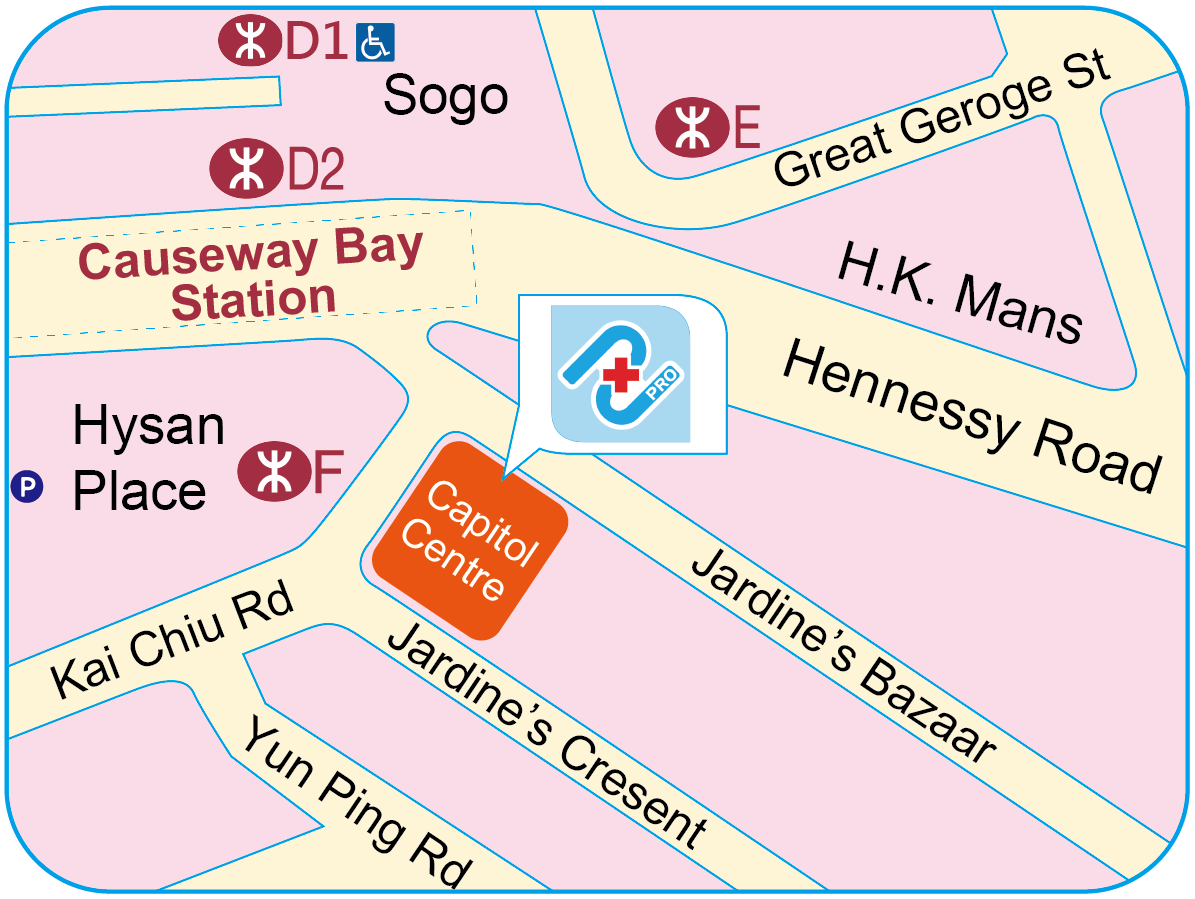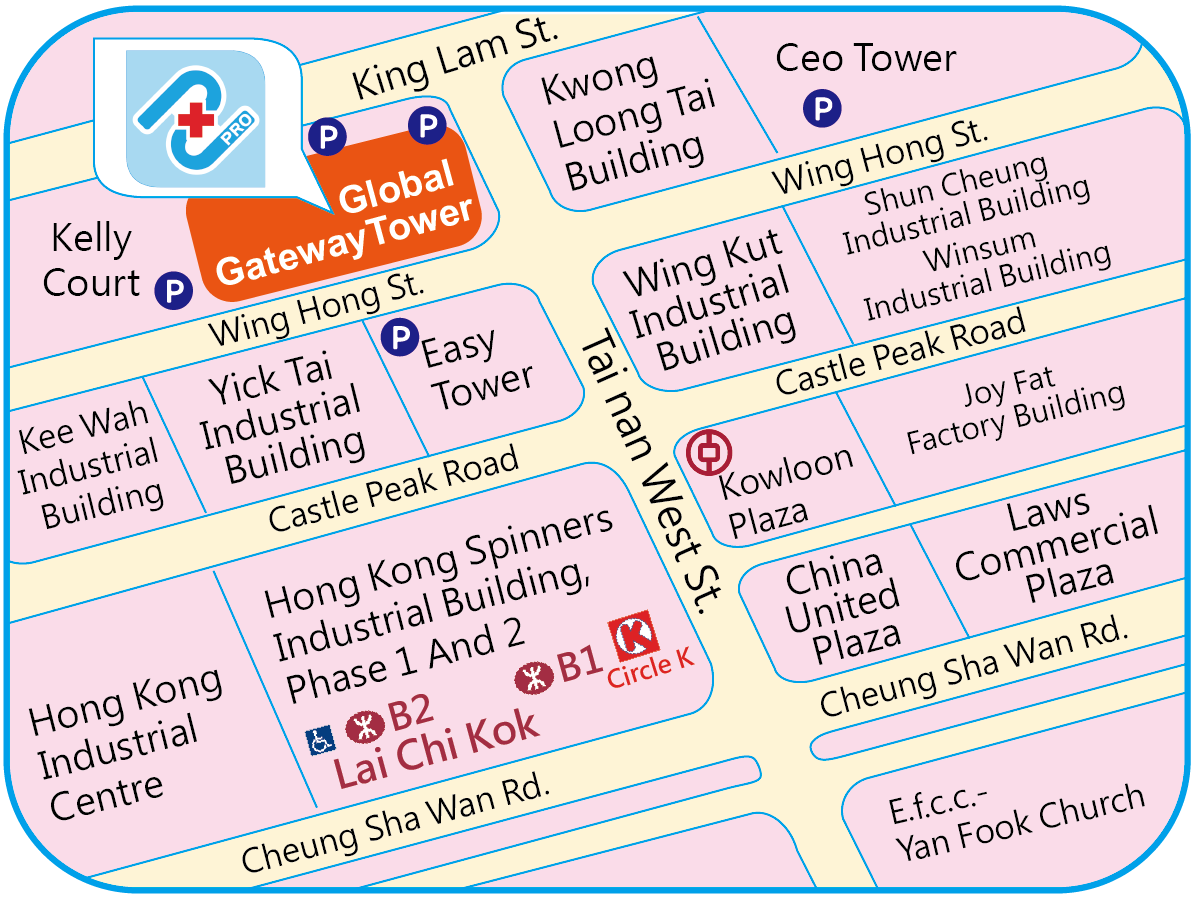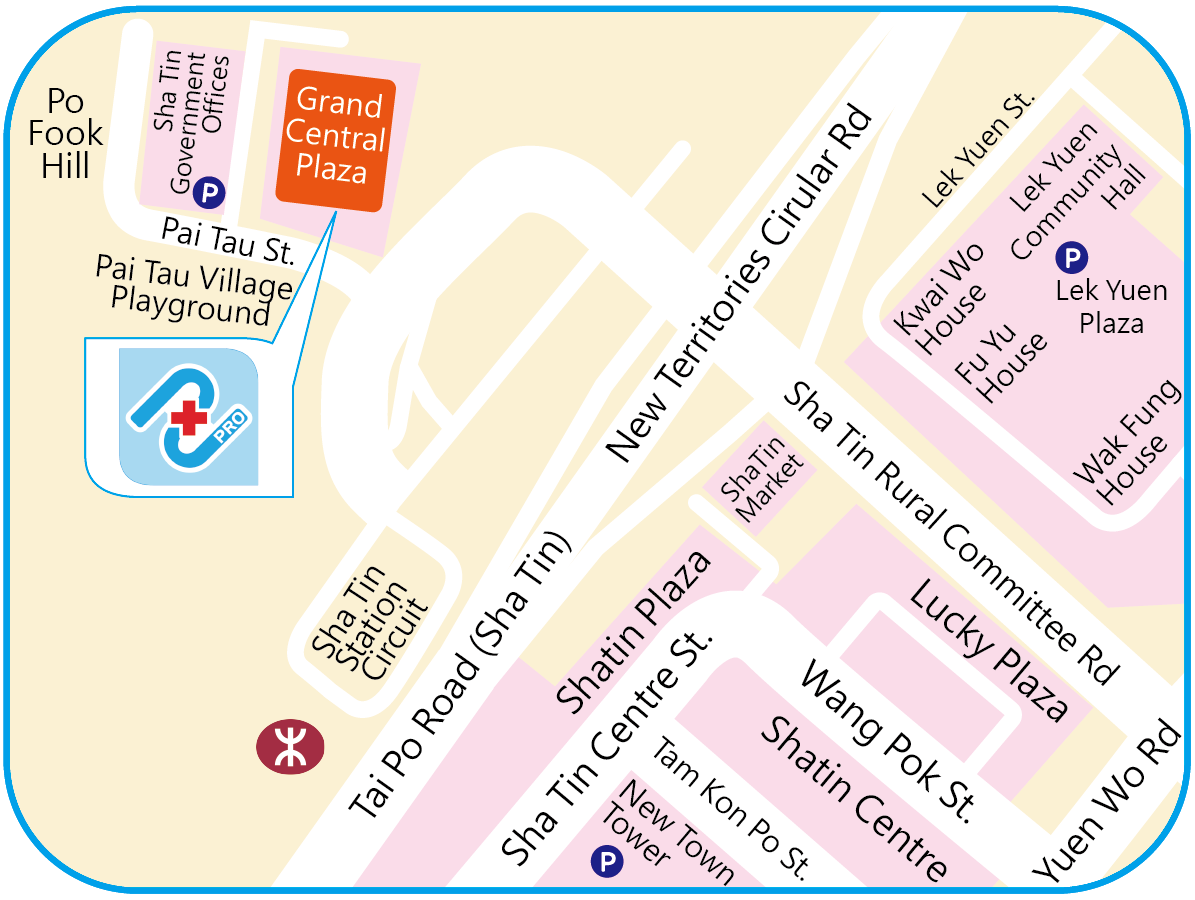Blog

Elderly Care Home Scandals Uncovered: The Challenges and Hopes of Ostomy Patients in the Elderly Care System, Revealing the Reality of Elderly Care in Hong Kong
Rapid aging of the population in Hong Kong is an undeniable fact. According to government statistics, the elderly population is expected to peak in 2039, with nearly one in every three people being a senior citizen. One of the challenges brought about by population aging is the sharp increase in demand for elderly care homes and long-term care services. In recent years, the media has repeatedly exposed scandals in elderly care homes, including overcharging for medical and nursing fees, concealing expenses, and even falsely reporting subsidies. These incidents not only reflect systemic flaws but also highlight the gap between the quality of elderly care services and their regulation.
One particularly concerning case involves an elderly individual named Mr. Tam, who underwent Stoma Surgery. Due to the need for long-term use of ostomy bags and related supplies post-surgery, he should have received sufficient assistance through government rehabilitation subsidies. However, in reality, he was charged "nearly six times more" for ostomy bags by the care home. Such incidents reveal two underlying issues: the information asymmetry in the elderly care market and the lack of professional postoperative care and nursing services.
So, how can seniors receive safe, professional, and reliable postoperative and long-term care outside of care homes? Addressing this need directly, the local "Nu Pro Nurse Centre" is providing comprehensive home and doorstep nursing solutions. This article will delve into the nursing challenges behind these events and explore how Nu Pro Nurse Centre is reshaping the quality of life for seniors and patients through a professional nursing model.

-
Ostomy Care: A Critical Yet Often Overlooked Postoperative Care Aspect
-
For patients undergoing surgery for colorectal diseases or colon cancer, ostomy surgery is just one part of their treatment journey. The real challenge lies in postoperative care.
Ostomy patients require long-term use of ostomy bags, cleaning of the stoma site, and prevention of infections and skin damage. Improper handling of this process can easily lead to:
Redness or allergies around the stoma;
Leakage from the wound causing odor and infection;
Psychological stress and social anxiety.
According to data from the Hong Kong Hospital Authority, there are approximately thousands of ostomy-related surgeries each year, with around 30% of patients requiring additional care support after returning home post-surgery. Unfortunately, most seniors lack professional guidance and have to rely on care homes or family members. Care home staff often lack formal ostomy care training, leading to frequent issues such as infrequent ostomy bag changes, improper disinfection, and even incorrect use of supplies.
In the case of Mr. Tam, he mentioned that the care home only changed the ostomy bag every 2 to 4 days, which not only increases the risk of infection but also indicates a clear lack of care quality.
The fundamental question is: "Who can provide professional care for ostomy patients?"
-
The Need for Professionalization and Institutionalization of Nursing Services
In Hong Kong, "nursing" is often misunderstood as "companionship," but in reality, professional nursing services should include:
Wound washing, disinfection, dressing changes, and other medical procedures;
Ostomy care and wound assessment;
Postoperative rehabilitation support (including monitoring for signs of infection, assisting with nutrition management, and bladder training);
Elderly psychological support and health education.
However, in the current market, many caregivers provide services on a part-time basis or without certification, leading to varying levels of professionalism.
This is precisely why the entry of "Nu Pro Nurse Centre" into the market is crucial — led by registered nurses with medical backgrounds, it provides a one-stop professional nursing service specializing in postoperative care, ostomy care, wound washing, and wound care.
The nursing staff at Nu Pro Nurse Centre undergo rigorous training, hold relevant nursing qualifications, and can provide safe, standardized professional home services for patients with different needs, effectively eliminating common issues such as overcharging, improper care, or neglect seen in care homes.
-
Analysis of the Professional Nursing Model at Nu Pro Nurse Centre
Nu Pro Nurse Centre is committed to promoting "professionalization of home care," with a service philosophy centered on "people-oriented care with equal emphasis on medical care." They offer multi-level nursing plans tailored to different situations:
-
Postoperative Care Plan
Patients post-surgery often require long-term follow-up and observation, such as after ostomy surgery, surgical operations, joint replacements, and stroke recovery periods. Nu Pro Nurse Centre customizes personalized postoperative care plans based on doctor's instructions and patient medical history, including:
Wound cleaning and dressing changes;
Monitoring infection symptoms and documenting healing progress;
Regular ostomy bag changes and peristomal skin care;
Providing family education guidance to ensure safe home care practices.
This system not only meets medical standards but, more importantly, significantly reduces the number of patient returns to the hospital, improving quality of life.
-
Ostomy Care Services
- The psychological and physical needs of ostomy patients are unique. Nurses at Nu Pro Nurse Centre will:
Instruct patients on correct ostomy bag changes and the use of related care products to ensure correct operation and enhance self-care abilities;
Systematically assess the peristomal skin condition, promptly identify potential complications;
Customize baseplates and select appropriate supplies based on the ostomy condition to prevent leaks and skin damage;
Provide an "Ostomy Care Record Card" to ensure documented care.
Importantly, nurses will help patients understand daily ostomy management techniques and dietary restrictions, transitioning from passive care to active self-care, regaining confidence and a normal life.
-
Home Care Services
- Nu Pro Nurse Centre also offers home care services tailored for long-term patients and the elderly. These services include:
Assistance with daily living activities (such as bathing, feeding, turning, and blood pressure measurements);
Nighttime companionship and assistance with excretory functions;
Special condition monitoring (such as diabetes (diabetic foot), pressure sores, post-ostomy care);
Regular health checks and documentation.
This nursing model extends the professionalism of hospital care while respecting the dignity of the elderly and ensuring safety within the home environment.
-
Addressing the Grey Areas of the Elderly Care Service Market from Systemic Issues
-
Taking the case of Mr. Tam as an example, care homes can overcharge for ostomy bags and diapers by reporting expenses at higher rates through the "actual cost reimbursement" system, far exceeding market prices. According to social welfare documents, such situations are not isolated incidents.
The root of the problem lies in three areas:
Lack of price transparency: Care homes' pricing is not regulated standardly;
Lack of external auditing: The Social Welfare Department relies on written reports, making it difficult to verify on-site;
Elderly speechlessness: Due to lack of information or mobility, it is difficult for them to advocate for their rights.
Instead of relying on internal care home systems, it is better to establish external professional third-party nursing teams — such as Nu Pro Nurse Centre — to replace opaque commercial operations with professional transparent medical services, allowing nursing to return to its medical essence.
-
The Trend Towards Professionalism and Transparency in Nursing
-
According to the 2024 Hong Kong Medical Nursing Industry Report, over 68% of Hong Kong seniors wish to "age at home."
"Aging at home" does not solely mean living at home but combining professional medical support with community care.
Operations with high technical demands such as ostomy care, ostomy bags, postoperative care, caregiving, wound washing, and wound care, which were previously only possible in hospitals, can now be performed in the community and at home through professional nursing centers such as Nu Pro Nurse Centre, significantly reducing the burden on hospitals.
This move also aligns with the government's policy direction of "home-based aging," balancing public resources and the dignity of seniors.
Most importantly, it frees patients from the constraints of care home systems, providing them with autonomy in their choices.
-
Nu Pro Nurse Centre: Medical Professionalism × Family Connection
-
The founding principle of Nu Pro Nurse Centre is to combine the three major areas of medical, rehabilitation, and care under a "nurse-led home care model."
Their team comprises registered nurses, enrolled nurses, professional nursing assistants, and social work consultants, providing integrated support for patients with various health conditions.
Key services include:
Postoperative home care (including ostomy care, wound washing, dressing changes);
Elderly care services (day and night shifts, home companionship);
Professional nursing instruction courses to enhance family self-care abilities;
Chronic disease management and health monitoring;
Wound care and pressure sore prevention plans.
Additionally, Nu Pro Nurse Centre uses an electronic medical records system to record the nursing process, and all service prices are transparently disclosed.
This not only aids in the supervision and approval of subsidies by the Social Welfare Department but also rebuilds public trust in nursing professionalism.
-
Why Choose a Professional Nursing Center over Traditional Elderly Care Homes?
|
|
Traditional Elderly Care Homes |
Nu Pro Nurse Centre |
|
Qualifications of Nursing Staff |
Mostly nursing assistants, varying training levels |
All led by registered nurses |
|
Service Flexibility |
Fixed timing and standardized service |
Customized based on patient conditions |
|
Transparency of Pricing |
Lack of clear pricing, leading to billing disputes |
All costs based on actual expenses, transparently disclosed |
|
Family Involvement |
Limited to visits for information |
Through face-to-face communication or exclusive communication groups, families can inquire about nursing progress and patient conditions at any time, ensuring transparent care information and immediate responses. |
|
Postoperative Support |
Tends more towards life care than medical support |
Provides comprehensive postoperative and daily ostomy care |
This model not only enhances service professionalism but also effectively reduces medical resource wastage and potential risks.
-
Rebuilding Trust and Dignity in Elderly Care
-
The experience of ostomy patients like Mr. Tam prompts society to rethink the true meaning of "care."
Care should not be commercialized as a fee item but should be a professional service combining medicine, ethics, and humanity.
The emergence of Nu Pro Nurse Centre is providing another path for the elderly and postoperative patients in Hong Kong — a "new nursing model" that combines medical standards with compassionate care, allowing every individual in need of assistance, whether at home or during recovery, to receive respect and safe care.
-
Transitioning from Systemic Issues to Professional Transparency: Returning Nursing to its Essence
-
Elderly care home scandals are not isolated events but rather the long-term result of neglecting professionalism in the entire long-term care system.
In the face of diverse needs of the elderly and patients, and the increasing pressure on the medical system, society should support the development of professional nursing institutions and promote the popularization of "professional home care."
Ostomy care, ostomy bags, postoperative care, caregiving, wound washing, wound care — these critical needs, if undertaken by professional teams, can effectively prevent overcharging and shady practices in care homes, safeguarding the dignity of the elderly and fairly distributing public resources.
In the future Hong Kong nursing market, it is professional teams like "Nu Pro Nurse Centre" that should lead the way,
with sincere, professional, and institutionalized services, rebuilding public trust in elderly care and medical systems. Nursing is a profession, but it is also a societal conscience.











 Causeway Bay Centre
Causeway Bay Centre

